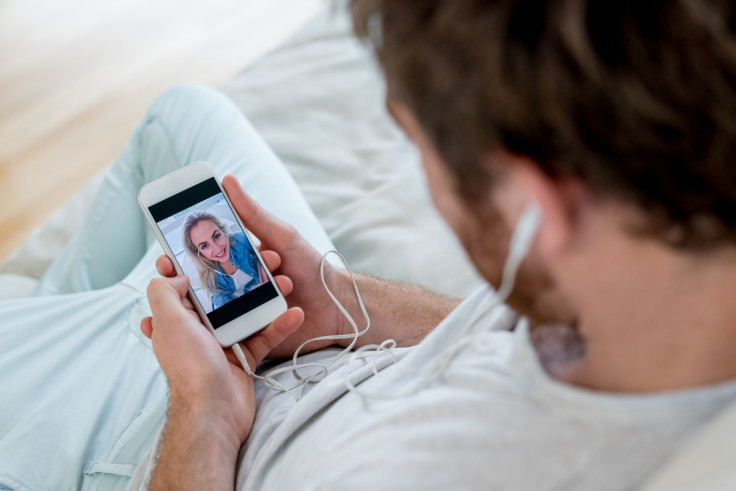COVID-19: Hospitals urge parents to use FaceTime to view their newborns for safety
Newborns are reportedly being separated from their parents as a precaution, which is intended to prevent accidental exposure.
As the COVID-19 infections continue to mount, hospitals are now struggling to treat other patients. To minimise transmissions, those diagnosed with coronavirus are isolated from everyone else. Studies show that social distancing along with basic hygiene practices are effective against the virus. Now, healthcare facilities are implementing even stricter measures to protect those who are admitted. Thus, newborns are reportedly being separated from their parents as a precaution. This approach is intended to prevent accidental exposure.
A report cites an example wherein Shelby Law was still allowed to visit her baby in the Neonatal Intensive Care Unit (NICU) of Northside Cherokee Hospital in Camden, Georgia. She apparently gave birth to her son seven weeks early last month which explains why he is being cared for by specialists for the meantime. However, they were informed a few days ago that all visits are suspended.
In an interview with CNN, Law stated that "we were told we were no longer allowed to visit our son Rory in the NICU." The couple had no choice and went home but were instructed to instead use FaceTime on certain periods. The video calls are initiated by the nurse during feeding and bathing sessions. "We are relieved to have the option to FaceTime with our son and we understand why there's a policy in place, but I'd be lying if I didn't admit I've also cried for days," she added.
Another similar case involves a mother diagnosed with COVID-19 before she gave birth to a daughter last week. Since she needs to be isolated except for the medical personnel who will attend to her, the hospital allowed streaming the delivery to her family via FaceTime. Meanwhile, while in recovery, she was allowed to see the baby via the platform as well.

Most of the hospitals around the world are reporting overcrowding with patients on ventilators in the hallways, overworked staff, and personal protective equipment in short supply. Therefore, any workaround to prevent further infections of COVID-19 is of utmost importance. Several researchers have recently presented groundbreaking methods of diagnosis that are timely and affordable. Moreover, some are already developing treatments that might be effective against the virus.
© Copyright IBTimes 2025. All rights reserved.





















